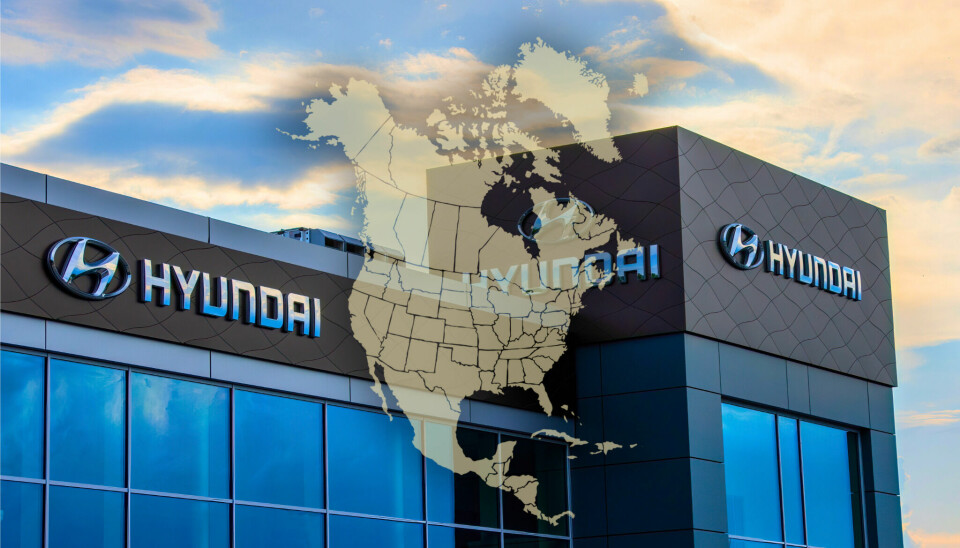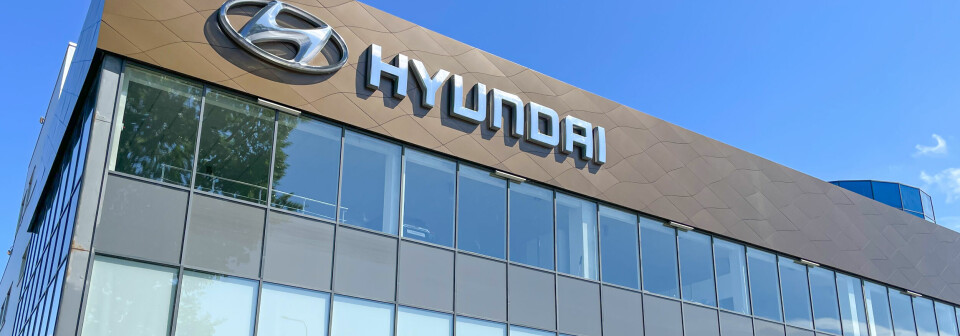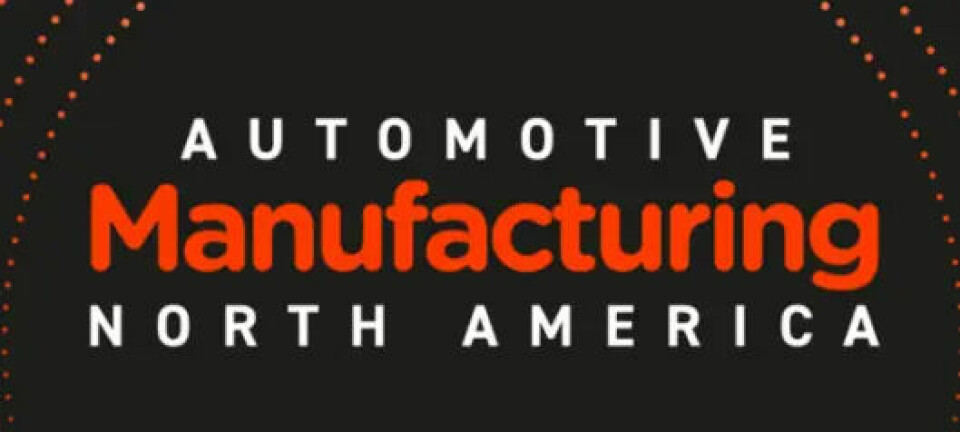EV localisation surge
Hyundai ups US bet to $26bn

Despite an immigration raid at its Georgia plant, Hyundai Motor Group boosts US investment to $26bn, including a $2.7bn EV expansion, to counter tariffs and leverage EV incentives, spotlighting labour reliance issues.
Hyundai Motor Group's commitment to the United States received a stark test on 18 September 2025, when immigration authorities raided its HL-GA Battery Co joint venture with LG Energy Solution in Georgia. The operation detained 317 workers, mostly Korean nationals on expired visas, along with over 50 local employees.

Yet just one day later, on 19 September, the company announced a $2.7bn expansion for its nearby Hyundai Metaplant America, aiming to accelerate full capacity for electric vehicle production. This facility, already a $7.6bn cornerstone employing 8,500 people, will now target 500,000 EVs annually, focusing on models such as the IONIQ 9 SUV.
The timing could not have been more pointed, coming amid heightened enforcement under policies reminiscent of the Trump era. Critics on social media decried the raid's potential to deter foreign investment, with one X post lamenting, "Trump just killed a [expletive]ton of jobs... Why should any foreign company build a factory in the US now?" Another countered the narrative, stating, "Ignore CNN... Hyundai's raising investment by $2.7B."
Breitbart portrayed the development as evidence of "tariffs working," suggesting Hyundai would replace detainees through local hiring. Far from retreating, this expansion forms part of Hyundai's broader North America alignment, forged in part through a recent meeting between US President Donald Trump and South Korean leader Lee Jae-myung.
The $26bn blueprint takes shape
This Georgia push builds on Hyundai's escalated $26bn investment pledge for North America through 2028, a $5bn increase from its March 2025 commitment of $21bn. Announced in late August in Seoul, the funds emphasise localisation to harness incentives under the Inflation Reduction Act, which favours domestically produced EVs and batteries.
A key slice, KRW 15.3 trillion (about $11bn at current exchange rates), targets US production and robotics ecosystems, as detailed at Hyundai's inaugural overseas CEO Investor Day in New York on 18-19 September.
The group, encompassing Hyundai Motor Company and Kia, has already invested over $20.5bn in the US since 1986, with recent quarters showing robust growth: Q2 2025 revenue hit $35.2bn, up from $32.1bn in Q1, propelled by North American demand. Projections include 5-6% revenue growth for 2025 and operating margins of 8-9% by 2030, driven by hybrids, Genesis luxury EVs, and efficiency gains.
Beyond EVs, the investment diversifies into upstream resilience
Steel, robots, production and supply chain fortification
Beyond EVs, the investment diversifies into upstream resilience. A $3bn steel mill in Louisiana will produce high-grade materials for automotive use, creating around 5,000 jobs and mitigating import dependencies amid potential Section 232 tariff expansions on steel and aluminium. This could supply not only Hyundai's plants but also wider US industries. Meanwhile, a $2bn robotics innovation hub promises annual capacity for 30,000 units, integrating technologies from Boston Dynamics, such as the Atlas humanoid and Spot quadruped robots.
This $6bn tech tranche also funds AI, autonomous driving, and advanced air mobility partnerships, including with firms like IBM. Kia will mirror these efforts in Georgia and Alabama, collectively aiming for 25,000 new US jobs by 2028, plus indirect roles in logistics and suppliers. Such initiatives position Hyundai as a top-three US automaker, challenging Tesla's 46% EV market share from Q1 2025, while tapping a projected $38bn humanoid robotics market by 2035.
Strategic Investments & Impact
EV Expansion
Steel Mill
Robotics Hub
Tech R&D
Labour shadows and geopolitical gambles
The raid exposes vulnerabilities in the industry's labour model, particularly for battery manufacturing, which relies heavily on skilled expatriates amid shortages. Detainees included Korean trainers essential for upskilling US workers, and the incident ties into broader H-1B visa crackdowns that could drive talent to Canada or the UK. Southern states' anti-union stance has drawn accusations of a "wealth transfer" via billions in subsidies, yet it attracts OEMs seeking cost advantages.
Globally, Hyundai's strategy echoes Volkswagen's $2bn Scout EV plant, but social sentiment warns of an "inward investment crash" if enforcement intensifies. For American manufacturing, this $26bn bet signals resilience, though it hinges on navigating policy whirlwinds that could snag the green transition's supply chains.




